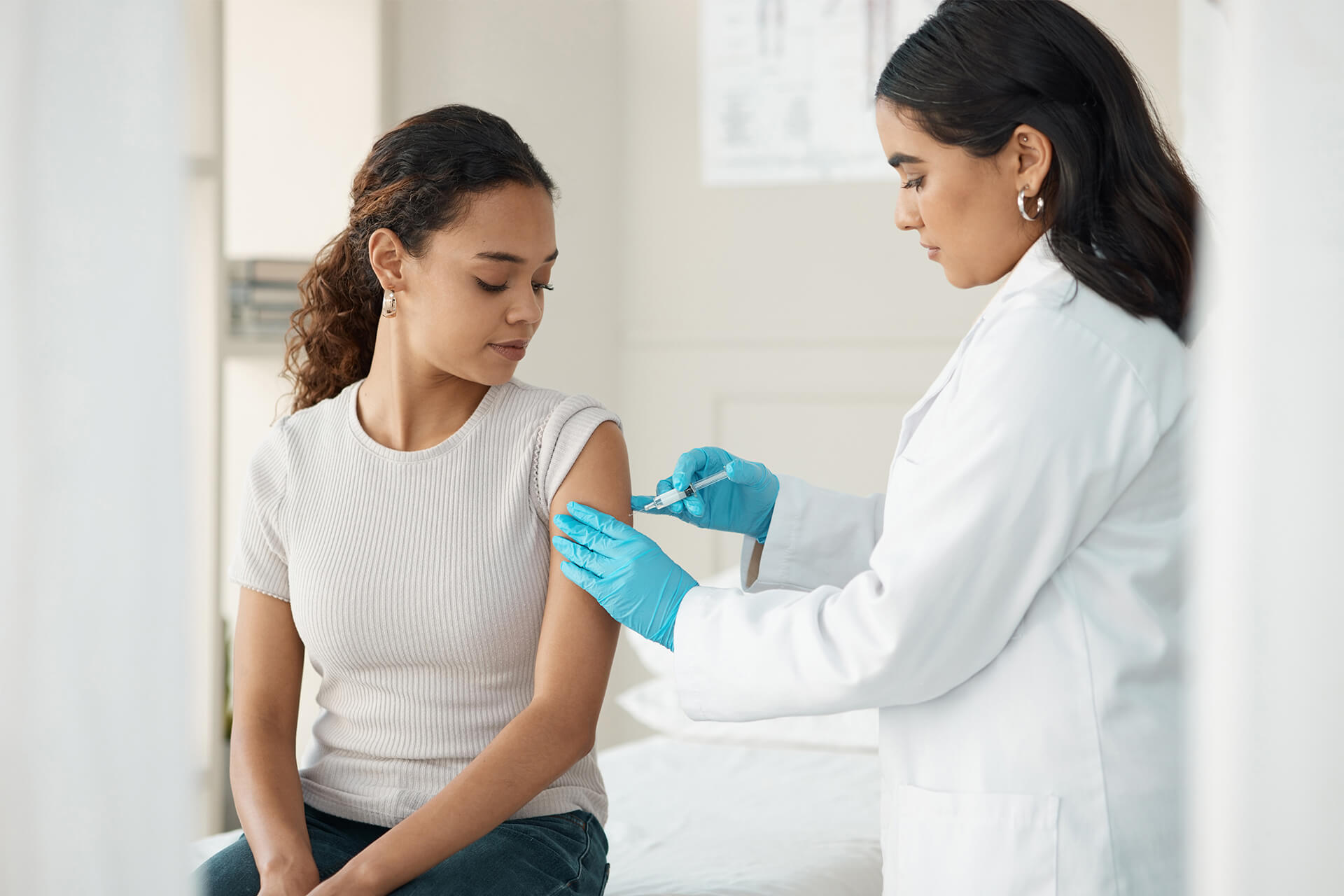Vaccinations offer significant health benefits for various at-risk groups. Infants and children receive protection from dangerous diseases in early life. Elderly individuals benefit from vaccines that shield them against illness associated with aging. People with chronic conditions are protected from complications that can exacerbate their health issues.
INFANTS AND CHILDREN
Vaccination is crucial for infants and children as they are particularly vulnerable to infectious diseases. Immunization schedules are carefully designed to provide protection from a range of preventable illnesses such as measles, polio, and whooping cough. Receiving vaccines on time helps to ensure that children develop immunity before being exposed to these potentially severe diseases.
Routine childhood vaccinations include a combination of shots given at different stages of development. These vaccinations can protect against diseases that can lead to serious health complications, hospitalization, or even death. For example, the MMR vaccine protects against measles, mumps, and rubella, which could otherwise lead to complications like pneumonia and encephalitis.
Programs such as the Vaccines for Children (VFC) initiative offer free vaccines to ensure accessibility for all children, regardless of financial barriers. This comprehensive approach to vaccination not only supports individual health, but also contributes to public health by reducing the prevalence of disease.
ELDERLY INDIVIDUALS
As people age, their immune systems weaken, making them more susceptible to diseases. Vaccines are an essential tool in protecting elderly individuals against illnesses such as pneumonia, influenza, and shingles. These conditions can have more severe impacts on older adults, often leading to hospitalization or complicating existing health problems.
Vaccines like the pneumococcal vaccine reduce the risk of pneumonia, which can be life-threatening for elderly individuals. The annual flu shot is also highly recommended, as influenza can lead to serious complications in older adults. Shingles vaccination helps prevent the painful rash caused by the reactivation of the chickenpox virus, which can affect seniors more severely.
Access to these vaccines is critical, so many healthcare providers and organizations prioritize ensuring that older adults receive necessary immunizations. This public health effort enhances their quality of life and reduces healthcare costs by preventing outbreaks and related complications.
PEOPLE WITH CHRONIC CONDITIONS
Individuals with chronic conditions such as diabetes, heart disease, or chronic respiratory disorders are at a heightened risk for complications from infectious diseases. Vaccinations are vital for these populations to prevent exacerbating their underlying health issues.
For people with chronic conditions, vaccines like the flu shot and pneumonia vaccine are particularly beneficial. These vaccines can help prevent serious illnesses that would otherwise lead to severe complications or worsen their chronic condition. For example, the influenza vaccine reduces the risk of heart attack in people with cardiovascular issues.
Healthcare providers often recommend tailored vaccination schedules for individuals with ongoing health problems to ensure maximum protection. Ensuring easy access to these vaccines helps maintain their health and prevents potential complications from infectious diseases.















